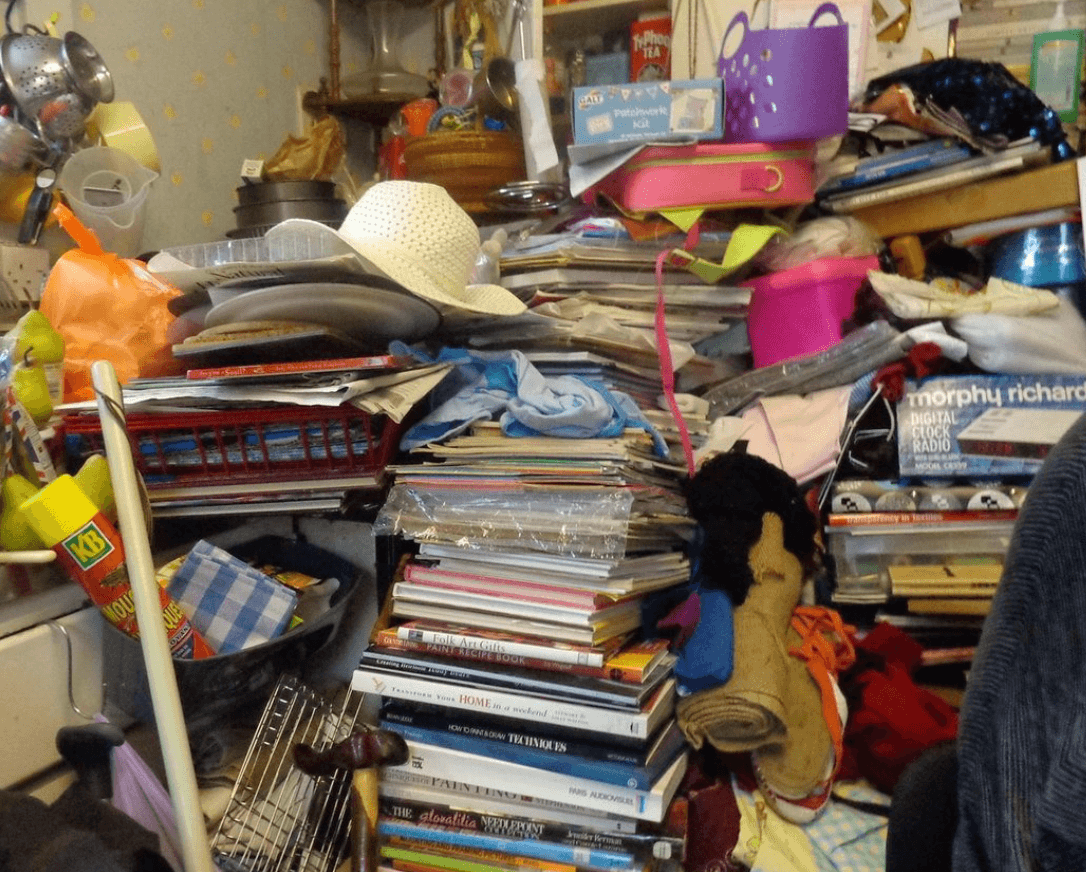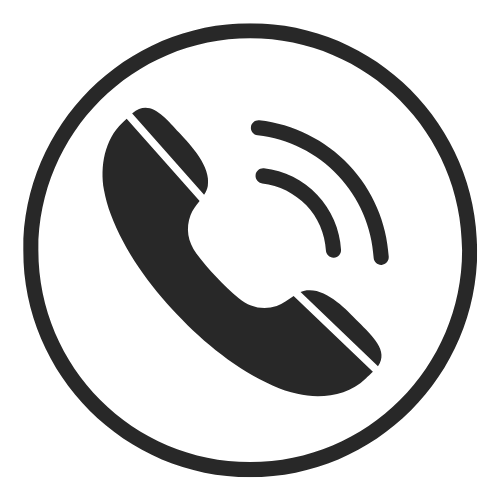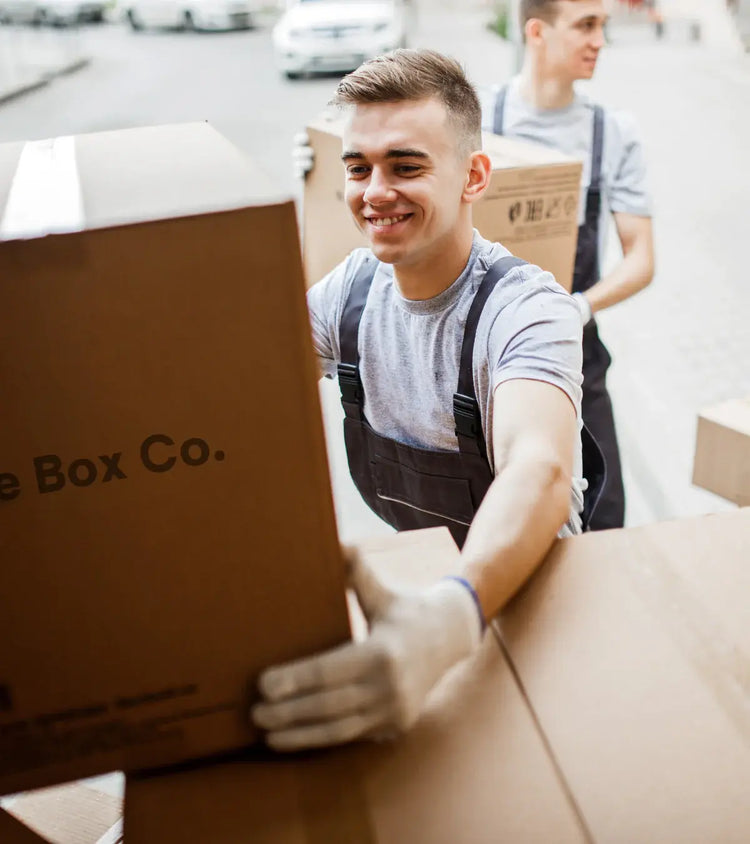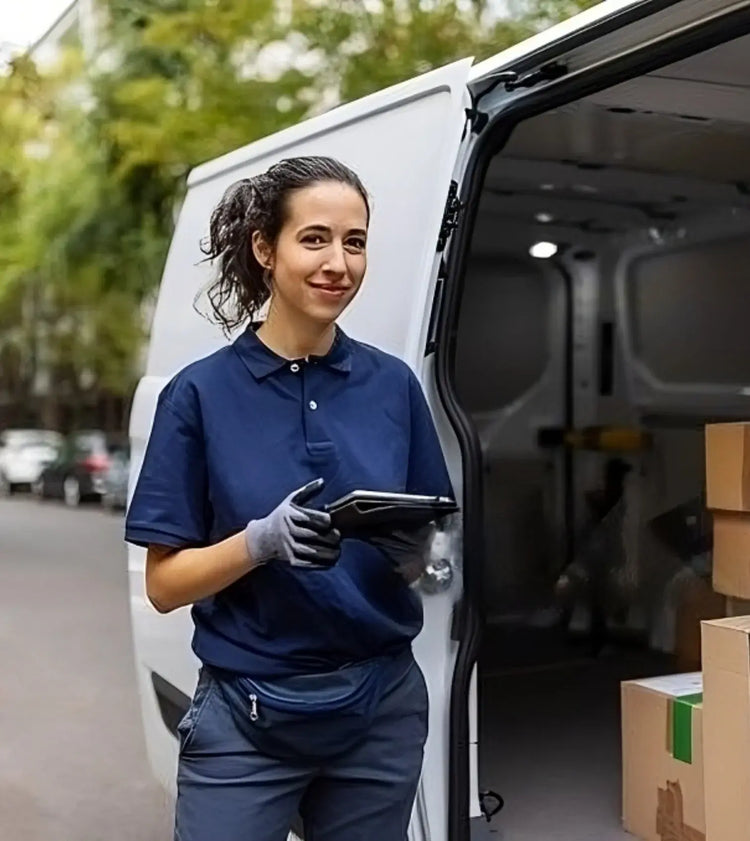
How Not To Be A Hoarder

Share
Being a hoarder isn't a disease. It's a state of mind. You may have a tendency to collect things that you don't need, and it can become overwhelming if you aren't able to get organized or let go of the things that you do have. Learning how not to be a hoarder is easier than it might seem; just follow these simple steps and you'll be on your way:
Admit you need help.
One of the most important things you can do to get started is to admit that you need help. This is not a character flaw or something to be ashamed of, but rather an opportunity for growth and improvement. You are not alone; hoarding is a real problem affecting many people in our society today, including myself—and there are lots of ways to manage it without serious repercussions.
We've talked about how to start decluttering your home and making decisions about what items you love and want to keep, but now we're going to focus on how not only how much stuff can be overwhelming, but also how much time it takes up in your life everyday just living with all this clutter around you all day long (and maybe even sleeping on top of it!) One big way that clutter affects us psychologically is by taking up so much space in our minds—we think about it constantly because there's so much stuff everywhere around us! The more we think about something like clutter or organization problems at home causing stress levels go way up because they're always weighing on our mind when all we want t do instead is relax after work/school/whatever else may come along during our day-to-day life outside these walls.
Get organized.
The most important things you can do to combat hoarding are:
1) Get rid of the unnecessary items in your home. This may seem obvious, but it's important to remember that you don't need everything that's already there. If you find yourself thinking about what to keep and what to get rid of, consider this rule: If a possession hasn't been used in more than 6 months, chances are it doesn't have any sentimental value for you anymore—and if it doesn't have sentimental value for someone who isn't a hoarder (like me), then there's probably no reason for them to stay around.
2) Create an organizational system that works for you! The key is not only knowing where things are when they're needed but also being able to put those items away in their proper place when they're not being used so they don't clog up all the spaces around them! If this sounds overwhelming, just take one area at a time. For example: if bookshelves are overflowing with books and magazines but nothing else makes sense as far as storage goes (eBay? Goodwill?), try moving some of those books into storage containers on top of each other until there's room left over on top for things like CDs or DVDs instead; then when everything has been moved out from underneath those containers into their new homes elsewhere on your shelves (or onto another shelf near by), then begin putting back some items into those newly emptied containers so they'll become full again without worrying about whether or not anything else needs replacing first because we've got enough space now thanks!
Try storage.
1) Consider self storage. If you're not ready to part with too much, but still want a sense of control over your things and the space they take up, consider storing your possessions in a storage unit. This way you can keep everything out of sight and out of mind until you decide if or when it's time to let go. There are many options available for renting storage, from traditional self storage units to box storage or drive-up containers. Some companies are focussing on specific segments, such as student storage, whereas others (such as The Box Co.) are more broad and able to help students, home movers and even businesses.
2) Give yourself some time to think about it before deciding whether or not an item should stay in your home forever or be donated or thrown away at all costs. Sometimes holding onto something because "I might need it someday" is just procrastination on getting rid of something that doesn't really have any value in the first place. Giving yourself more time with these items will help you determine if they are worth keeping around (and where) after all!
Learn to let go.
One of the most important things you can do is to learn to let go of the things you don’t need. This will help reduce stress, increase efficiency and make room for more fun in your life. Don’t keep things just because you paid good money for them, or because they are sentimental or useful. And don’t keep them around just because they look pretty either!
Get connected.
Find a support group or get connected with a therapist or coach. Also ensure to make friends who share your values and can help you stay on track when you're feeling weak-willed. If you don't know anyone who's willing to do this, try finding some people online (or even in your neighborhood if you're comfortable meeting new people). Finally, ask family members to help keep an eye on you and remind you of the importance of organization and decluttering when necessary.
There's help if you think you may be a hoarder: Contact a professional organizer. An expert can help you assess your situation and create an action plan to get organized.
Finally, take a look at other online resources. There's a wealth of information about hoarding available on the Internet, including numerous books and articles that cover different approaches for dealing with this disorder (you don't have to be a hoarder yourself!).
Final words
If you’re feeling overwhelmed by clutter, there is hope! Keep in mind that it’s important to find a way to organize your home that works for you. Being organized doesn’t necessarily mean having everything neatly folded into perfect little piles — it could just as easily be about finding ways to keep track of things so that they don’t get lost or forgotten about. If you are struggling with hoarding, contact a trained professional who can help guide you through the process and connect you with resources like support groups or workshops on decluttering.



